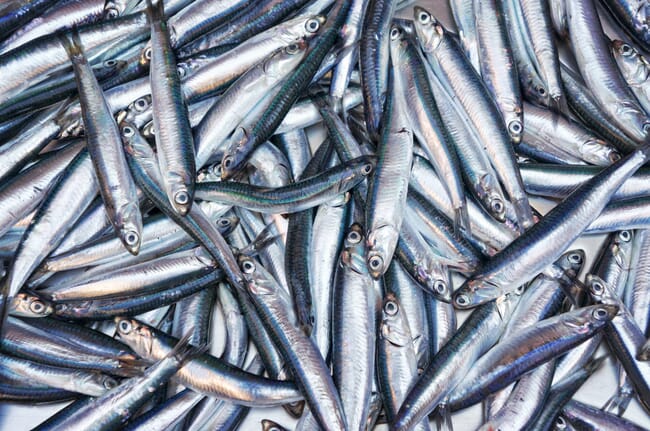
The new study suggests that these two ingredients will need to be reduced to 3 percent each of salmon diets to ensure the industry can continue to expand
The study, published recently in the journal Nature Food, outlines how consumer demand for salmon across the globe is driving growth in the Atlantic salmon aquaculture industry, but that future expansion may be determined by how wisely fish meal and fish oil are used in the coming decades.
The research team, from Deakin University’s School of Life and Environmental Sciences, used predictive modelling to forecast industry growth based on different dietary formulations in feeds for Atlantic salmon.
They also evaluated the impact this would have on the nutritional value of the fish, particularly on levels of omega-3 fatty acids which are thought to guard against heart attack and stroke, and are also tied to a lower risk of type 2 diabetes, macular degeneration and Alzheimer’s disease.
Farmed salmon are fed a combination of land and marine-derived ingredients, including fish oil and fish meal, which are produced from wild caught forage fish such as anchovies.
Incorporating 3 percent fish oil and 3 percent fish meal in aquaculture feeds could permit 2 percent per year production growth until 2100 — independent of novel aquaculture feeds that are currently being utilised.
According to lead researcher, associate professor David Francis, the modelling presents a positive outlook for sustainable fish production, however, the need remains for ongoing refinement of feed formulations.
“The continued development and adoption of novel raw materials will further decrease the current reliance on finite marine resources – specifically fish oil and fish meal,” he said in a press release.
“We envisage that this study will progress the conversation on balancing the development of the aquaculture industry with the conservation of fisheries,” he added.
Deakin is a leader in aquaculture research and training and will construct a $9.8 million Aquaculture and Feed Innovation Hub (AquaFI Hub) in 2023, that will include contributions from the Victorian Higher Education State Investment Fund (VHESIF).
Reference
Rocker, MM, Mock, TS, Turchini, GM et al. The judicious use of finite marine resources can sustain Atlantic salmon (Salmo salar) aquaculture to 2100 and beyond. Nat Food 3, 644–649 (2022). https://doi.org/10.1038/s43016...




